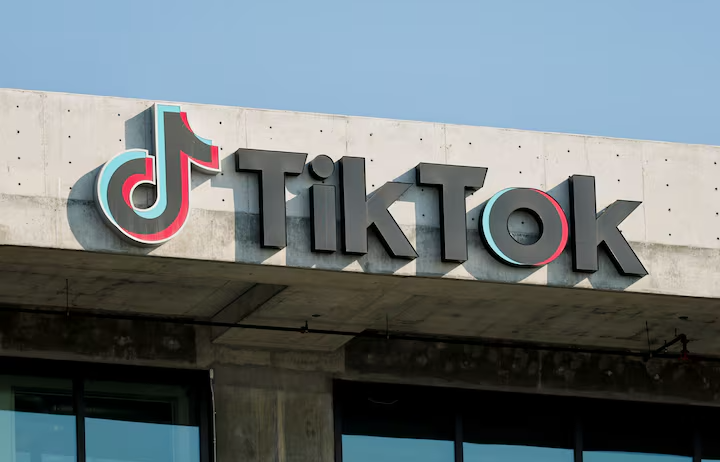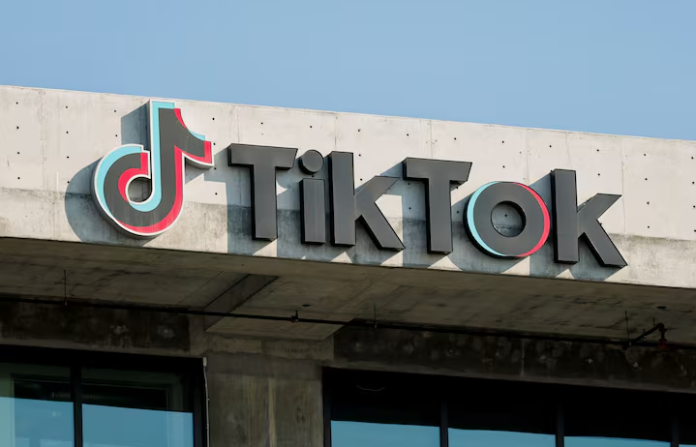In a major move that could cost TikTok billions, the European Union has charged the popular video-sharing app with breaching strict online content laws under the Digital Services Act (DSA). This latest development intensifies the ongoing scrutiny TikTok faces over how it handles advertisements and user data across the European market.
On Thursday, the European Commission revealed its preliminary findings from an investigation launched in February 2024, concluding that TikTok failed to meet transparency standards required by the DSA. The regulation demands that large online platforms publish a comprehensive ad repository—one that helps both users and researchers identify fraudulent or harmful advertising.
TikTok’s parent company, ByteDance, is now at risk of a penalty of up to 6% of its global revenue—a staggering figure that could run into billions of dollars.
According to EU tech chief Henna Virkkunen, “Transparency in online advertising—who pays and how audiences are targeted—is essential to safeguarding the public interest.” She emphasized that platforms must not only disclose who funds ads but also offer insight into the content, targeting methods, and audience demographics.
The Commission found TikTok lacking in all these areas. Despite offering some transparency tools, the company has not met the specific requirements of the law. TikTok’s advertising framework, as it stands, does not fully reveal who is paying for ads, which users are being targeted, or the precise content involved.
While TikTok acknowledges the importance of regulation and claims to support the goals of the DSA, it disputes several of the Commission’s interpretations. A company spokesperson responded, “We continue to enhance our ad transparency tools, but we believe the Commission is delivering guidance through preliminary findings rather than through clear, public rules.”
The spokesperson also stressed the need for fairness: “A level playing field and consistent enforcement are essential.”

This is not the only challenge TikTok faces in Europe. A second investigation is already underway, focusing on how the app manages risks around electoral processes and political content.
The Commission has given TikTok the opportunity to access case documents and submit a written response before any final decision is made. Until then, the platform remains under intense pressure to align its practices with EU standards—or face financial consequences that could significantly impact its operations in Europe and beyond.
As digital regulations tighten globally, TikTok’s current situation is a strong signal to other tech giants: compliance is no longer optional.



